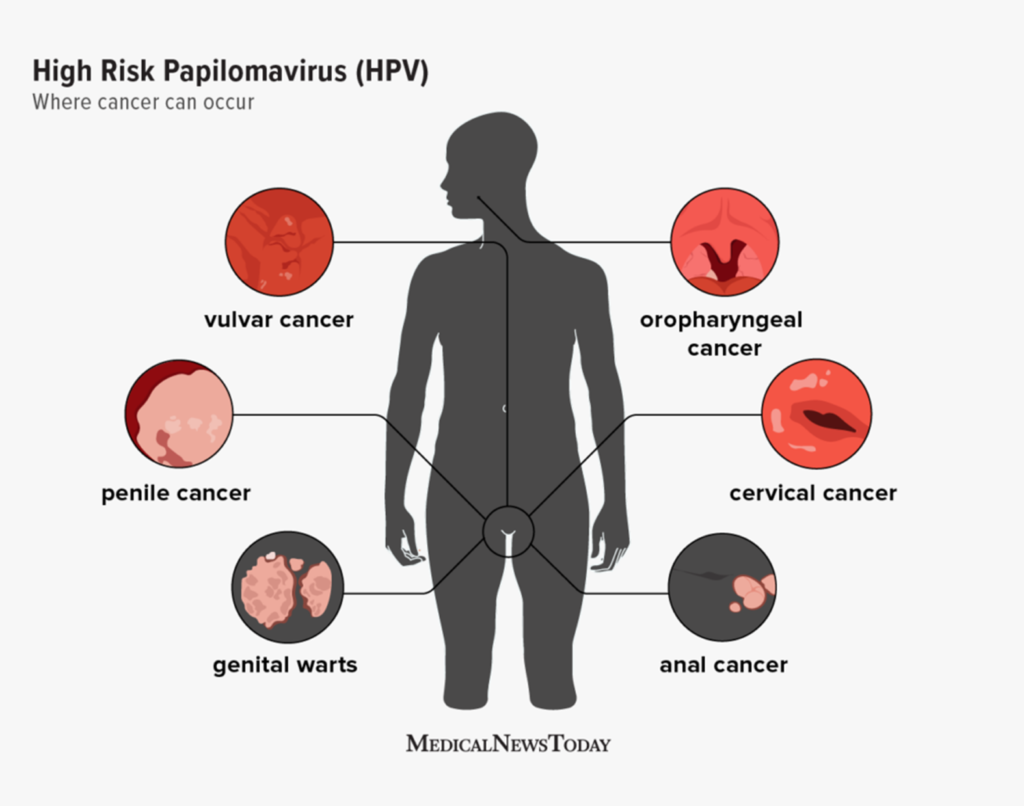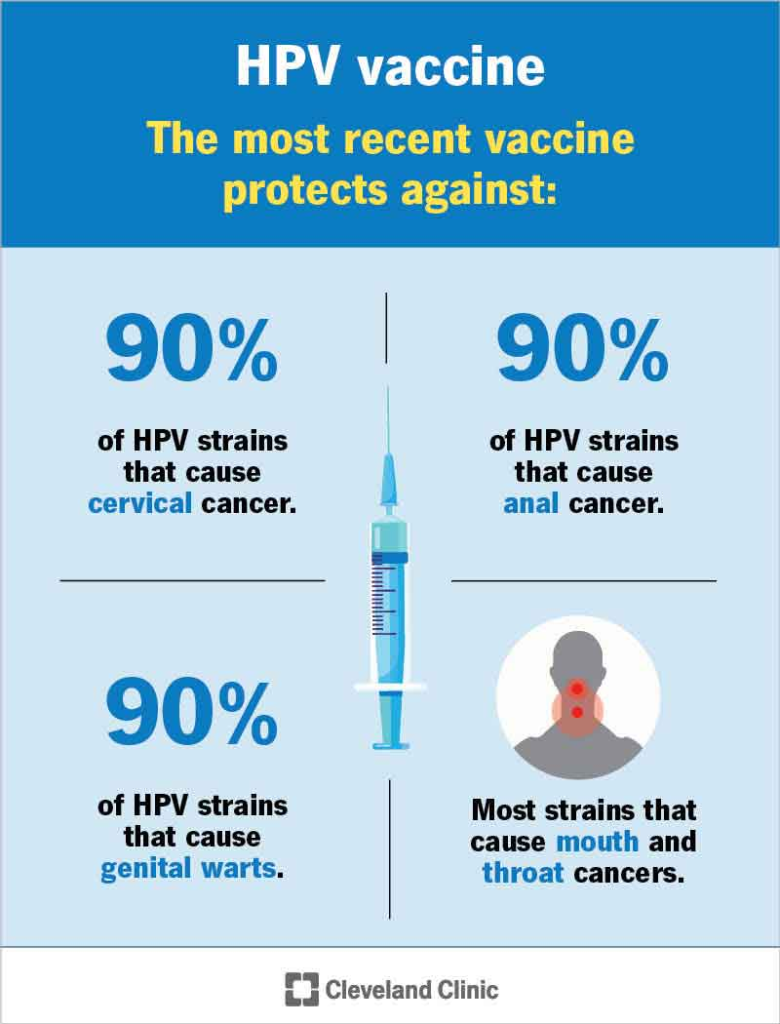Facts & Myths of Cervical Cancer

Cervical cancer starts in the cells of the cervix. The cervix is the lower, narrow end of the uterus (womb). The cervix connects the uterus to the vagina (birth canal).
Cervical cancer usually develops slowly over time. Before the cancer appears in the cervix, the cells of the cervix go through changes known as dysplasia, in which abnormal cells begin to appear in the cervical tissue.
There’s a lot of misinformation about cervical cancer and pap smear tests. Hence, on this week’s posting, we’re decoding some of the myths and presenting the real facts instead.
1. Myth: Cervical Cancer cannot be prevented

Fact: Cervical cancer can be prevented. Screening can find abnormal cells in the cervix before they become cancer. If these changes are found and treated early, cervical cancer can be prevented. Most cervical cancers are caused by human papillomavirus (HPV).
2. Myth: The cause of cervical cancer is unknown

Fact: Most cervical cancers are caused by a common virus called HPV which is easily spread through sexual contact, including intimate touching, oral, vaginal, and anal sex. 3 out of 4 sexually active people will get HPV at some point in their lives – often with no symptoms.
3. Myth: If you have HPV, you will develop cervical cancer.

Fact: There are more than 100 types of HPV – some types are high risk for cervical cancer, while others are not. Usually, the body’s immune system clears the virus by itself within 2 years. However, for some, the HPV does not clear from the body, and over time, it can cause abnormal cell changes in the cervix that you cannot see or feel. These abnormal cells can develop into cervical cancer if they are not found and treated early enough.
4. Myth: You are more likely to get cervical cancer if you have had multiple sexual partners

Fact: You can develop cervical cancer even if you have only had one partner. No one can pinpoint exactly why one person may develop cervical cancer and another may not.
5. Myth: Cervical cancer only occurs in less developed countries

Fact: Cervical cancer affects people in all countries, developed or not. Cervical cancer is more common in less developed countries because there are no organized cervical cancer screening programs.
6. Myth: I need an annual Pap smear test to screen for cervical cancer

Fact: Annual screening is not recommended for those at average risk. Screening too often can result in more false-positives which can cause undue stress/anxiety and unnecessary follow-up procedures.
7. Myth: I’m too old to be screened for cervical cancer
Fact: Cervical cancer screening can stop at age 69 if your results have always been normal. Ask your doctor or health care provider if you should still be tested.
8. Myth: I’ve received the HPV vaccine, so I don’t need Pap smear tests

Fact: Regular Pap tests are still necessary for those who have had the HPV vaccine. The vaccine protects against some types of HPV, but not all. You should still screen regularly for cervical cancer if:
• You’ve been through menopause;
• You’ve ever been sexually active, even if you are not sexually active right now;
• You’ve had the HPV vaccine;
• You’re in a same-sex relationship; or,
• You’re a transgender individual with a cervix.
9. Myth: Cervix screening tests for all gynecologic cancers

Fact: Cervix screening does not test for other gynecological cancers such as ovary cancer or uterine cancer. It only tests for cervical cancer.
Reference:
BC Cancer Screening. Facts & Myths







